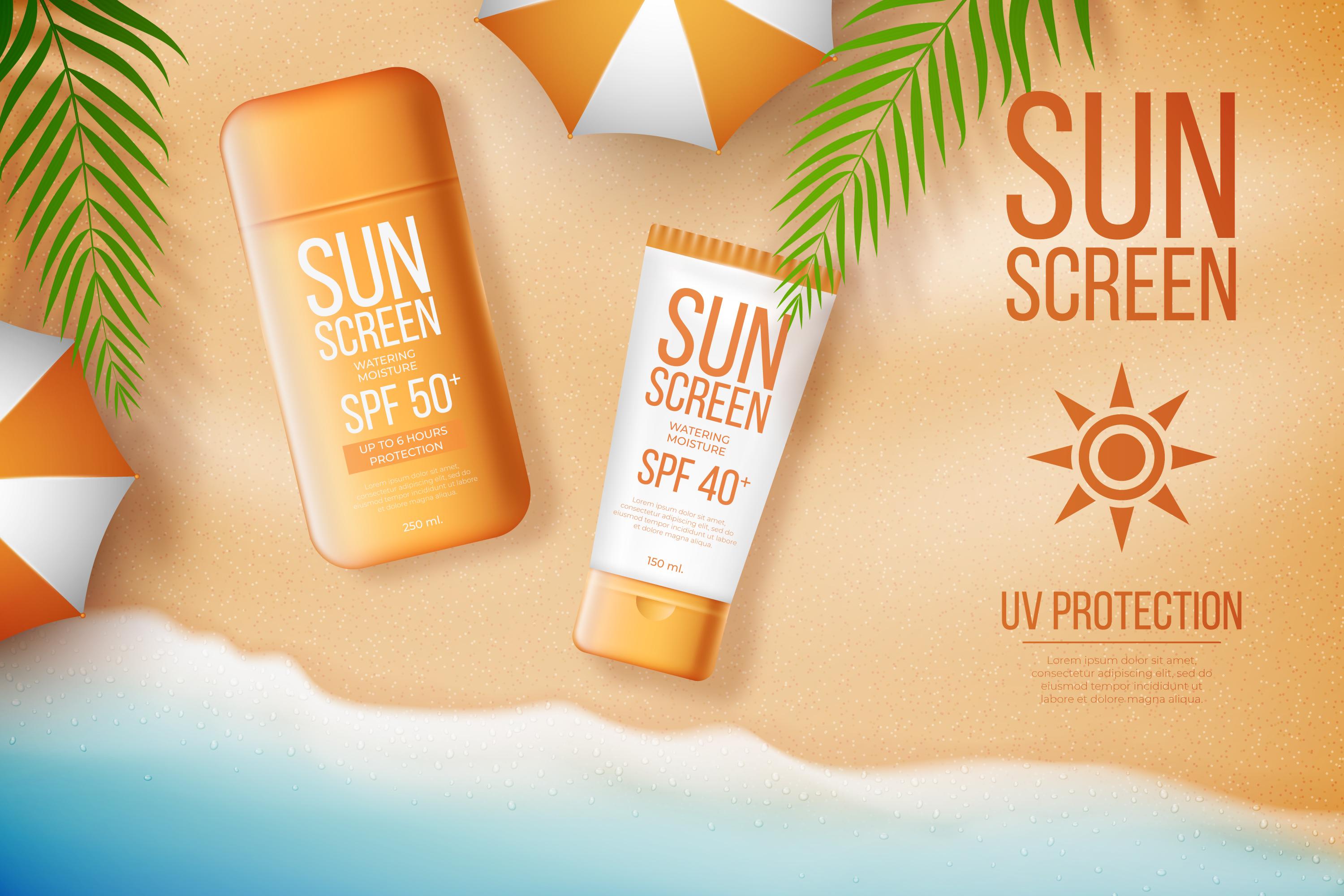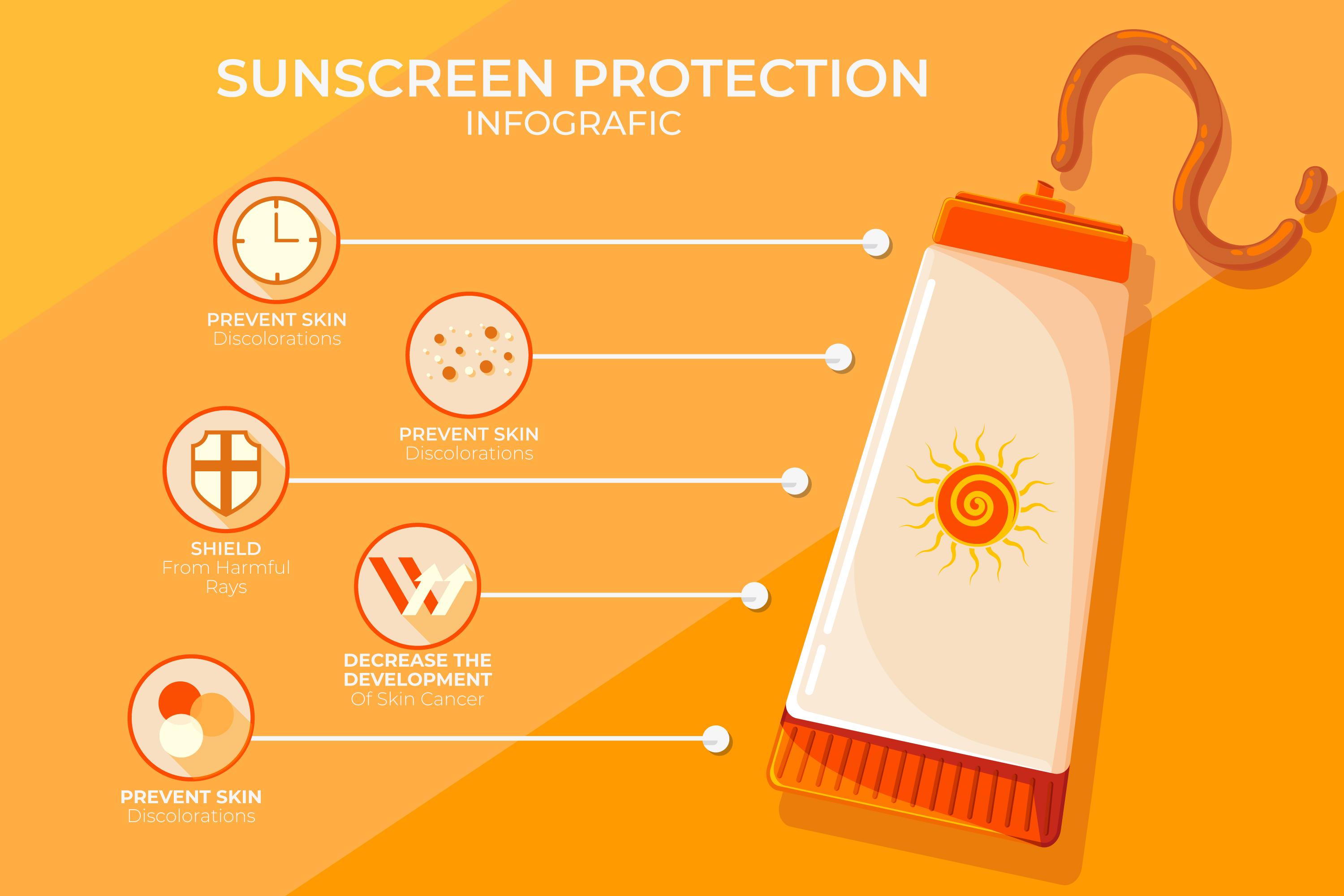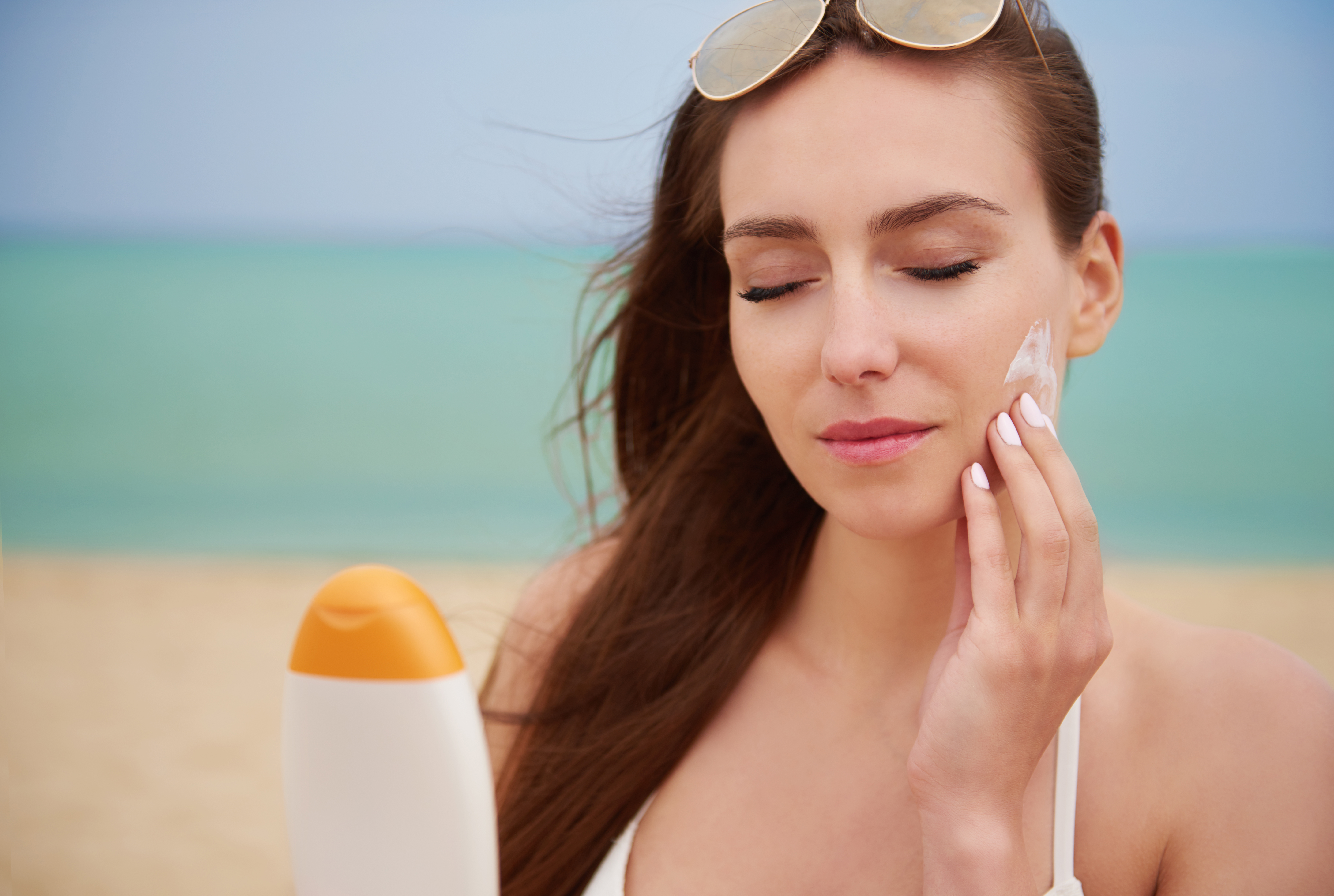The Ultimate Guide to Face Sunscreen
Why Sunscreen is Important for Your Skin?
Exposure to the sun's ultraviolet (UV) radiation can have damaging effects on your skin. UV rays are divided into two types:
- UVA Rays: These rays penetrate deeper into the skin and are primarily responsible for premature aging. They can cause fine lines, wrinkles, and dark spots, and contribute to the development of skin cancer over time.
- UVB Rays: These rays are the primary cause of sunburn and can also increase the risk of skin cancer. While they don’t penetrate as deeply as UVA rays, they can damage the outer layers of the skin.
Using sunscreen protects your skin from these harmful effects, helping to prevent premature aging, sunburn, and more serious skin conditions, including melanoma and other forms of skin cancer.
How to Choose the Right Face Sunscreen?
Selecting the best sunscreen for your face depends on your skin type, lifestyle, and specific needs. Here’s a breakdown of what to look for when choosing a sunscreen:
- SPF (Sun Protection Factor): SPF indicates how much protection the sunscreen provides against UVB rays. For daily use, dermatologists recommend a sunscreen with at least SPF 30, which blocks about 97% of UVB rays. If you're spending extended time outdoors, consider an SPF of 50 or higher for more protection.
- Broad-Spectrum Protection: Choose a sunscreen that offers broad-spectrum protection, meaning it shields your skin from both UVA and UVB rays. Broad-spectrum sunscreens are essential for preventing both the aging effects of UVA rays and the burning effects of UVB rays.
- Formulation for Your Skin Type: Sunscreens come in various formulations to suit different skin types:
- Oily Skin: Look for oil-free, non-comedogenic sunscreens that won’t clog pores or leave your skin feeling greasy. Gel-based or matte sunscreens are ideal for oily skin.
- Dry Skin: For dry skin, opt for sunscreens that contain moisturizing ingredients like glycerin or hyaluronic acid. Cream-based sunscreens provide added hydration.
- Sensitive Skin: If you have sensitive skin, choose physical (mineral) sunscreens with ingredients like zinc oxide or titanium dioxide. These are less likely to irritate the skin compared to chemical sunscreens.
Explore more Sunscreen in our products pageRecommended Products
Explore more Sunscreen in our products pageRecommended Products
Explore more Sunscreen in our products pageRecommended Products
- Water Resistance: If you plan to sweat or swim, choose a water-resistant sunscreen. Water-resistant formulas typically stay effective for 40-80 minutes in water before you need to reapply.
Recommended Products
How to Apply Face Sunscreen Correctly?
Applying sunscreen correctly is just as important as choosing the right one. Here are some steps to ensure you’re getting the most protection:
- Apply Generously: Apply sunscreen liberally to all exposed areas of your face. A general guideline is to use about a nickel-sized amount for your face and neck. Don’t forget areas like your ears, the back of your neck, and your décolletage.
- Apply Before Sun Exposure: Sunscreen needs time to bind to your skin. For the best protection, apply it 15-30 minutes before heading outside.
- Reapply Regularly: Sunscreen wears off after a few hours, especially if you’re sweating or swimming. Reapply every two hours, or more frequently if you're engaging in physical activity.
- Don’t Skip on Cloudy Days: UV rays can penetrate through clouds, so sunscreen should be worn even when it’s cloudy or overcast. In fact, up to 80% of UV rays can still reach your skin on cloudy days.
The Difference Between Physical and Chemical Sunscreens
Sunscreens fall into two broad categories: physical (mineral) and chemical.
- Physical Sunscreens: These contain minerals like zinc oxide or titanium dioxide, which form a physical barrier on the skin to reflect UV rays. They are less likely to irritate sensitive skin and are effective immediately after application. Physical sunscreens are typically preferred for those with sensitive skin or those prone to acne.
- Chemical Sunscreens: These contain chemical ingredients like avobenzone, octinoxate, or oxybenzone, which absorb UV rays and convert them into heat, preventing damage to the skin. They tend to feel lighter on the skin and are often used in sunscreens for daily wear, especially for people with normal or oily skin.
Other Considerations for Sunscreen Use
- Makeup and Sunscreen: Some makeup products contain SPF, but it’s still a good idea to layer a dedicated sunscreen underneath. For full protection, make sure your sunscreen has at least SPF 30, and apply it evenly to your face before applying makeup.
- Sunscreen for the Eyes: The skin around the eyes is delicate and prone to sun damage. Look for sunscreens that are specifically formulated for the eyes or opt for physical sunscreens that are less likely to irritate.
- Expiration Dates: Sunscreens have expiration dates, and using an expired product can reduce its effectiveness. Always check the date on the packaging, and make sure you’re using sunscreen before it expires.
Curious about the right products for different skin Types?
Learn how to care for each skin type with these essentials:
Final Thoughts
Daily sunscreen application is one of the simplest yet most effective ways to keep your skin healthy and youthful. By protecting your skin from harmful UV rays, you’re preventing not only sunburns but also long-term skin damage and reducing the risk of skin cancer. Incorporate sunscreen into your daily skincare routine, and make it a habit to wear it every day — no matter the weather. Your skin will thank you for it.













